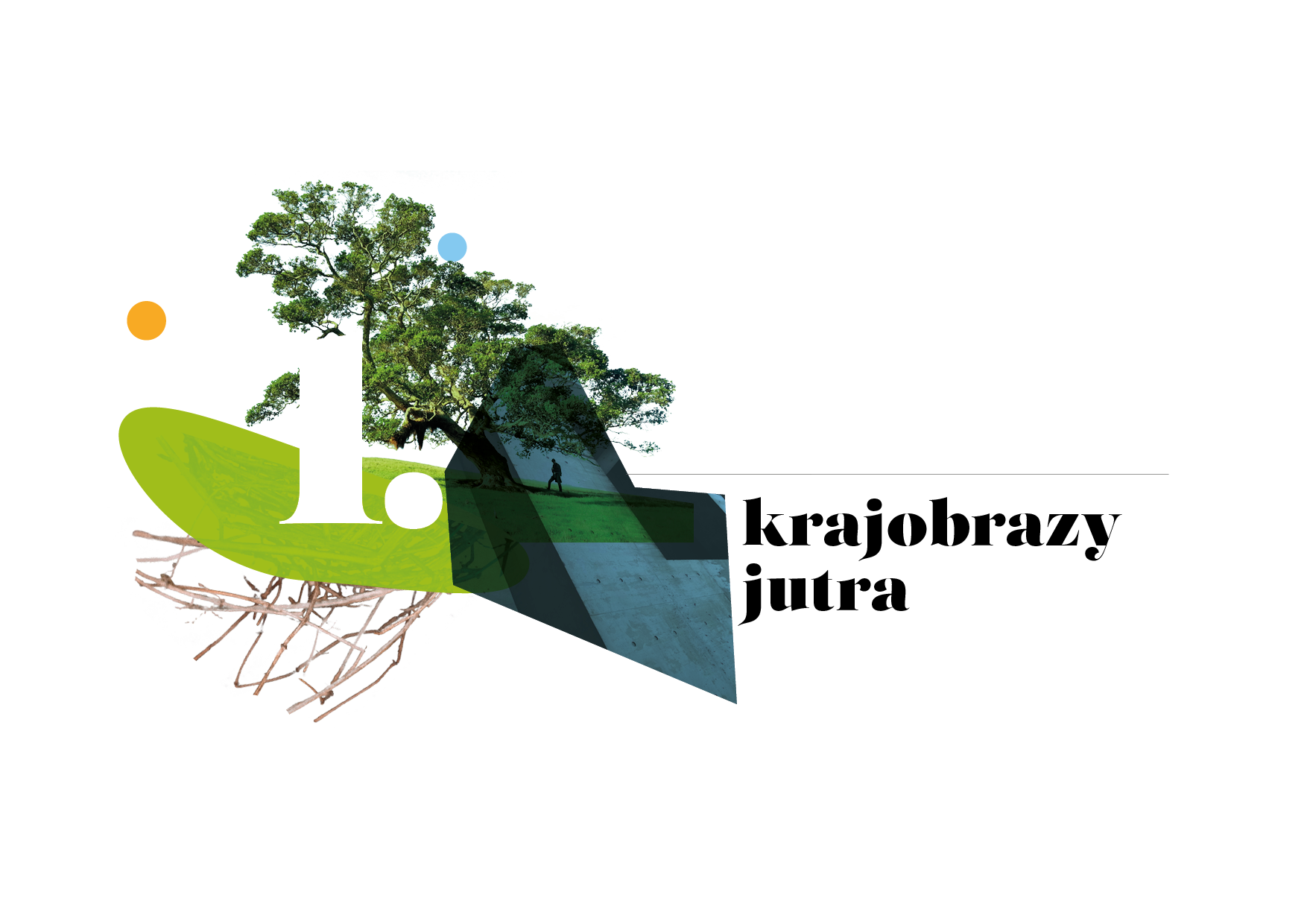The technological power of predictive algorithms is widely presumed to herald a world in which the crippling burdens of anxiety will be left behind. In this new algorithmic phase, individuals, communities and organizations are said to at last take control of the future – anticipating, designing and commanding the future, possibly even with mathematical exactitude. Yet, paradoxically, today’s informational societies have unleashed gripping fears and disabling forebodings on an unprecedented scale. Whether it’s the panic over technological unemployment, the widespread distress concerning social media’s harmful effects on teenagers and vulnerable children, or the terror of profoundly intrusive and often incapacitating digital surveillance of citizen’s lives, we live in an age of turbo-charged anxiety where the prophecies of algorithms are increasingly enmeshed with fundamental disruption and detachment. This paper examines the rise of Amazon as a key exemplar of “algocracy”, where automated forms of technical rationality become deeply inscribed in labour activities, work processes and management. Amazon’s distribution and logistical operations, built upon over 200 major warehouses globally, are reviewed with a view to grasping the intricate interconnections between machine learning algorithms on the one hand and stress, exhaustion, despair, depression and violence on the other.
Sesje semi-plenarne
Sympozja
Algorithms, artificial intelligence & beyond: theorising society and culture of the 21st century
Wystąpienia
Dominik BatorskiBeyond controversy: why we need a Durkheium Test for artificial intelligence today
Noortje MarresMay AI be with you: Automation after Amazon
Anthony ElliottE-miejskość, czyli o wyzwaniach rozwoju technologii w kontekście polityki miejskiej i jakości życia
Anna DomaradzkaMiasta – strategiczne tereny rekonfiguracji (i badania) „normalności” życia codziennego
Marta Smagacz-Poziemska Adam Czarnecki Jakub KronenbergBiotop Lechnica – post-dzikość i ekologia pokrewieństwa
Anna Nacher , Marek StyczyńskiKrajobrazy jutra – przestrzeń interakcji pomiędzy ludźmi a dziką przyrodą
Krzysztof NiedziałkowskiKrajobrazy jutra synchronicznej urbanizacji
Katarzyna Kajdanek
